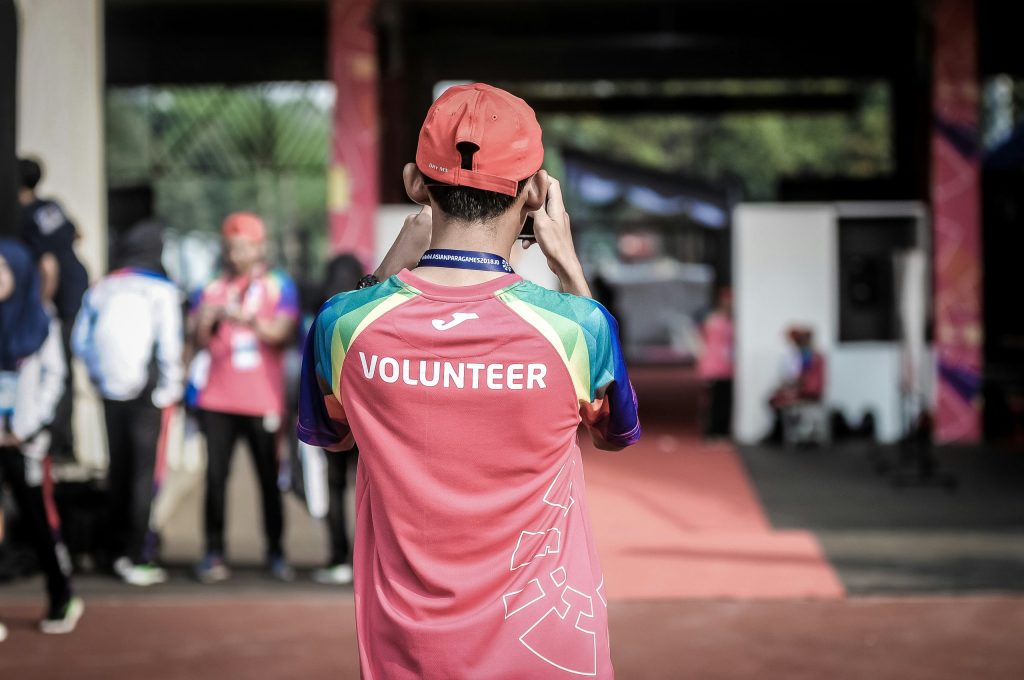A study published in The Lancet Healthy Longevity shows that, when well-structured, volunteering not only benefits those who receive help but also profoundly transforms those who engage in it—especially in later adulthood.
Over the course of a year, 375 people aged between 50 and 70 in Hong Kong—all older adults experiencing loneliness—participated as volunteers in a clinical trial. After six weeks of training, they offered telephone support to other elderly individuals in vulnerable situations. In the process, they not only provided companionship to those in need but also found something valuable for themselves, such as greater emotional well-being, motivation, and a renewed sense of purpose.
The study not only documented improvements in emotional and social indicators but also identified a direct correlation between continued volunteering and perceived personal benefits. Those who maintained their volunteer work beyond the initial period (at least two hours per week) sustained higher levels of life satisfaction and general well-being even a year later.
In fact, the research demonstrated that continuity in volunteering enhances and prolongs these benefits. A clear relationship was observed between continued active participation—at least two hours per week—and sustained high levels of overall well-being and life satisfaction, even one year after starting the program. Therefore, long-term commitment acts as a driver that strengthens emotional health and a sense of purpose over time.
In this way, volunteering can be a space for personal transformation, where it is not only about helping others but also about finding meaning in the act of participating. Staying socially engaged protects mental health, stimulates autonomy, and reinforces self-esteem.
This opens a crucial opportunity for public policy: if we want longer-living and healthier societies, we must stop seeing older people only as recipients of services and start integrating them as agents of change.
Adjunct Professor in Sociology at the University of Barcelona


